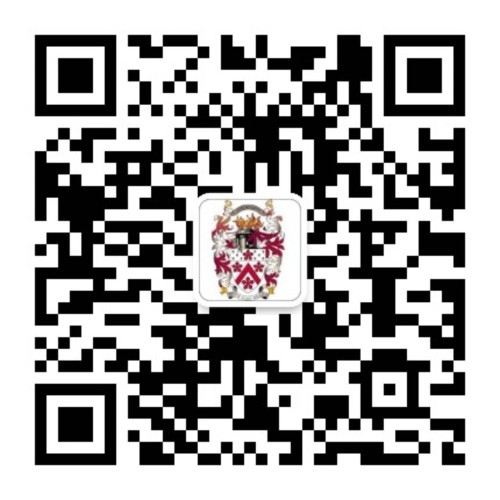EARCOS Workshop: Matthew Savage
Information and feedback provided by Simon Johnston, Assistant Head (Boarding), and Murdoch Mackay, Biology Teacher, Assistant Head (School Development)
Feedback provided by Rain Xie, University and Careers Counsellor, Alumni Relations
On the 18th and 19th of October, Dulwich International High School Programme Suzhou (DHSZ) had the privilege of hosting an EARCOS Weekend Workshop led by Matthew Savage, an internationally renowned educator and creator of The Mona Lisa Effect. Over two days of deep reflection, teachers and pastoral leaders from across the Dulwich network and regional EARCOS schools came together to explore the importance of seeing each student not only as a learner, but as a whole person.
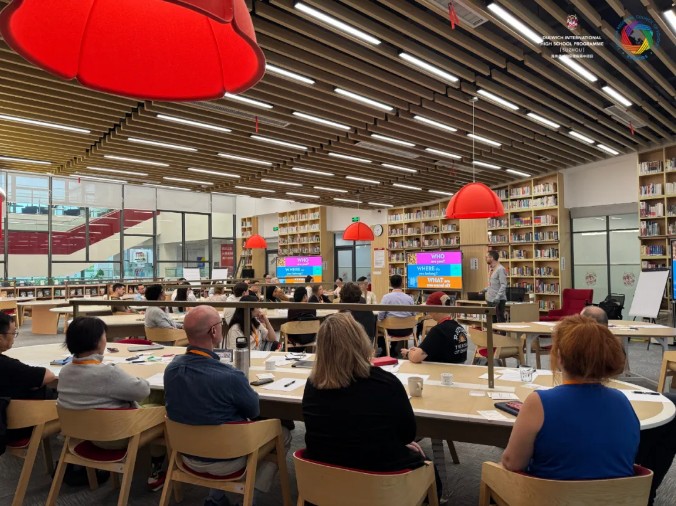
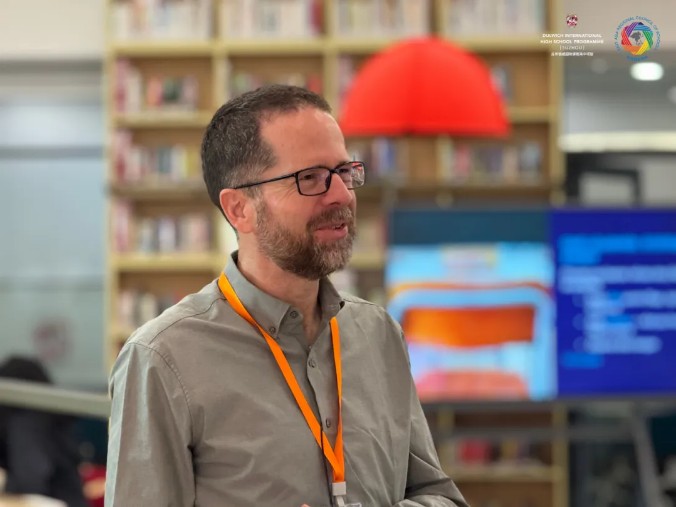
Reframing How We See Students
Through The Mona Lisa Effect framework, Matthew invited our community to re-examine how we view our students, encouraging us to look beyond grades, attendance logs, or behaviour records, and instead to notice the human stories beneath. He reminded participants that “rich data” is not found in spreadsheets, but in the lived experiences of children.
He introduced the concept of “antidata”, the invisible parts of a student's life that we do not always see: their unspoken feelings, internal beliefs, quiet worries, and moments of joy. When educators choose to observe these with empathy, belonging begins to take root.
As Simon Johnston, Assistant Head (Boarding), reflected:
“Matthew reminded us that noticing differently is not a strategy; it is a mindset, a professional discipline, and an ethical responsibility. Once belonging is truly seen, everything else changes. What was most striking was not simply the lenses of interpretation Matthew offered, but the posture he anchored us in, one of gentleness, curiosity and ethical noticing. He reminded us that rich data is not the spreadsheet. Rich data is the lived world of the child. Our role is not to use data to prove learning, but to use data to deepen our understanding of who is learning, how they are experiencing school, and what subtle signals might indicate they are flourishing, fatigued, or quietly falling behind.”
Belonging Through Connection and Care
As Murdoch Mackay, Biology Teacher and Assistant Head (School Development), shared:
“Over the course of two days, we were reminded that belonging and wellbeing are inseparable from how we notice and respond to the young people in our care. When we look beyond behaviour or outcomes and listen between the lines, we uncover the stories that help us support, anticipate, and empower our students to thrive.”
Together, these insights remind us that true holistic education is deeply relational. It does not live only in systems or policies, but in the small, human moments that fill school life: the check-ins, the pauses, the questions we ask, and the assumptions we challenge. When educators notice differently, they honour the student before the outcome, creating classrooms and boarding houses where safety, identity, purpose, and voice are prioritised.
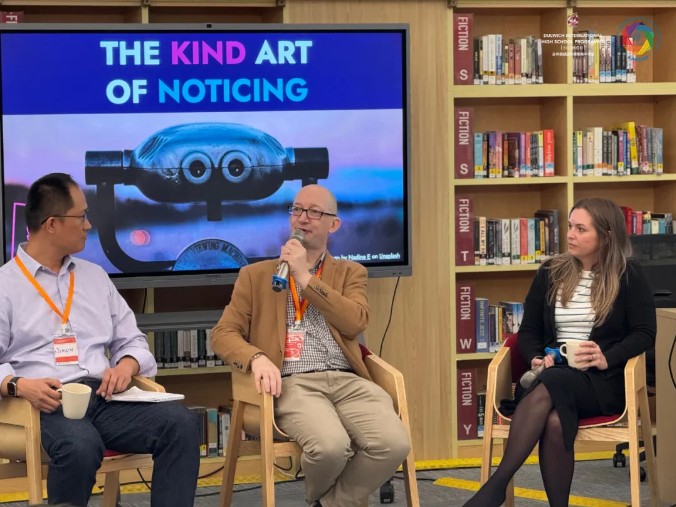
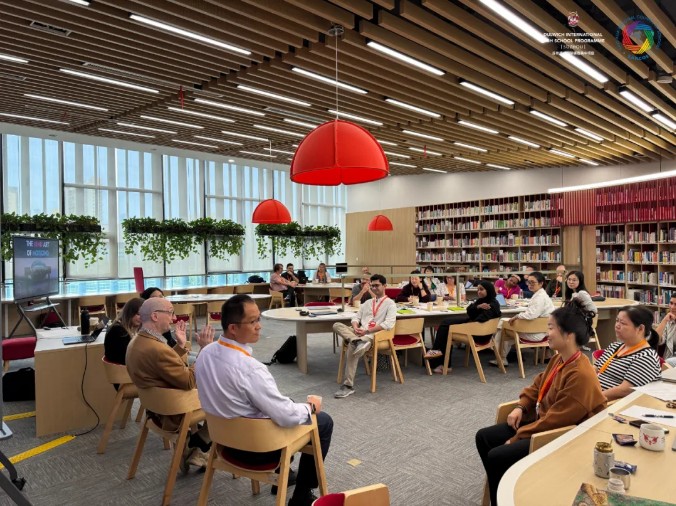
Reflections from A University Counsellor
From a university and careers perspective, Rain Xie, University and Careers Counsellor, shared her reflection on the workshop:
“I really enjoyed the open conversations with like-minded colleagues from different schools. We discussed how ‘antidata’ could help reshape our assessment methods and students’ learning processes. In our ever-changing world, technology is now at the heart of so many aspects of life. As we teach students to embrace its opportunities, we must also help them face and cope with its challenges. It was inspiring to learn from such an experienced professional, and I am truly grateful for this opportunity our school provided.”
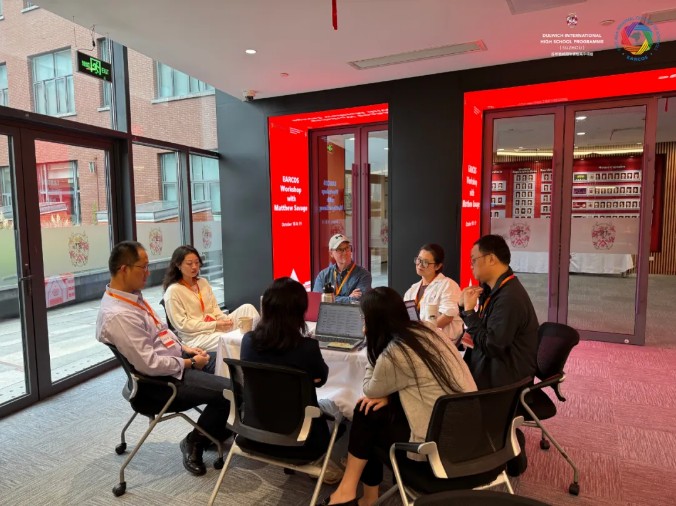
A Shared Commitment to Wellbeing and Belonging
At DHSZ, this workshop reinforced our belief that education is not only about knowledge, but about understanding people. It reminded us that our mission is to educate students as compassionate, global citizens who are seen, supported, and inspired to grow.
Grow in Dulwich, Thrive in Life





